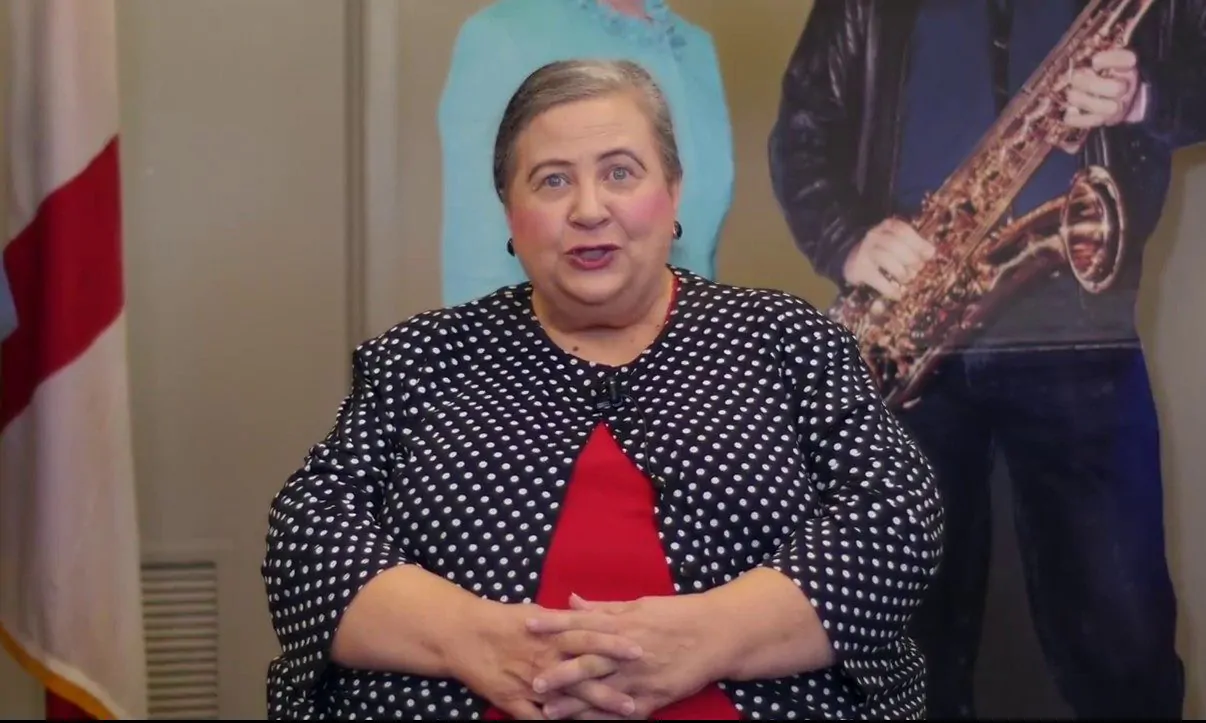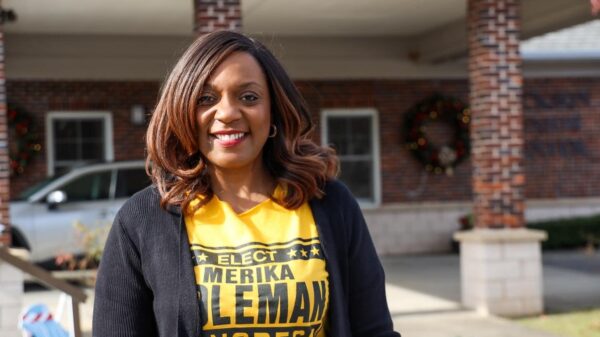Don’t even try it, Nancy.
That was essentially the message from Democratic National Committee chairman Tom Perez in a letter sent Wednesday to Alabama Democratic Party chairwoman Nancy Worley.
Perez laid out that a meeting called last week by a majority of Alabama’s State Democratic Executive Committee was valid and proper, and the means by which the attendees at that meeting approved new bylaws for ADP followed national party guidelines and bylaws. And Perez said the DNC wouldn’t accept an unapproved change to those bylaws, no matter what occurs at a planned meeting for this Saturday in Montgomery.
“We consider these actions to be binding on the party and view the adoption of the amended bylaws to be a very important step toward resolving the deficiencies that currently exist with the Alabama Party …,” Perez wrote. “The adoption of any other version of bylaws or substantive changes … that have not been pre-approved by the DNC’s (Rules and Bylaws Committee) will not be in compliance … and therefore, will not be recognized.”
Perez’s letter is the latest in a more than year-long feud between ADP leadership and numerous, disgruntled members of the SDEC, who are backed by DNC leadership. The disgruntled members, tired of a consistently failing Democratic Party in Alabama and a system for electing leadership that is ultimately controlled by one man — Joe Reed, ADP’s vice-chair for minority affairs — challenged Worley’s re-election in September 2018.
The DNC ultimately invalidated her re-election, although it left her in charge until new elections could be held, for a number of reasons, including that the state party’s bylaws — which define minority members only as black — were outdated and didn’t align with the DNC’s current bylaws.
The national party told Worley and her leadership team to correct the bylaws by inserting language that placed equal emphasis on several other minority categories, including LGBTQ individuals, youth, Asians and Hispanics.
Doing so, however, would mean lessening the power of Reed. In his position as vice-chair for minority affairs, Reed is tasked with making sure that the diversity of SDEC voting members — who elect party leadership — matches the overall population of minorities voting in Alabama.
Which meant that prior to each election, Reed was allowed to arbitrarily appoint dozens of at-large members — almost all of whom were black — to the SDEC in order to make sure the minority numbers were reflective of the state’s numbers. Prior to Worley’s re-election in 2018, he was allowed to appoint more than 30 members to the SDEC.
Worley won that election 101-89 over attorney Peck Fox, who had support from Sen. Doug Jones. Without Reed’s at-large voters, she would have narrowly lost.
Worley and the ADP leadership mostly refused to move on the DNC orders, missing deadline after deadline and suffering some consequences. In August, the DNC revoked her credentials and those of vice-chairman Randy Kelly.
Finally, DNC staff all but re-wrote the bylaws for ADP, sending out a detailed list of suggested changes. Those suggestions were taken up by the disgruntled SDEC members, led by Reps. Chris England, Anthony Daniels and Napoleon Bracy, who crafted a new set of bylaws and submitted them to the DNC’s Rules and Bylaws Committee for approval. They were approved, and those new bylaws were adopted at a meeting last Saturday in Montgomery.
Following ADP and party bylaws, that meeting was called after a majority of SDEC members signed up — a fact which Perez says in his letter the DNC confirmed through individual contact with SDEC members.
Worley and Reed publicly stated they wouldn’t attend that meeting, calling it “illegitimate.” Worley continued to call it illegitimate on Wednesday, telling the Montgomery Advertiser that the DNC would be overriding the will of the majority of SDEC members.
The rhetoric and vitriol from both sides all but ensures a legal battle will ensue at some point, and probably soon. Worley and her supporters will undoubtedly pass new bylaws or make significant changes to the bylaws that were passed last week, and those bylaws likely will be invalidated by the DNC, as promised by Perez.
That sets up a showdown heading into a planned Nov. 2 meeting to elect new leadership. In the meantime, SDEC members are already recruiting members to be part of the new Diversity Caucus, which will include youth, LGBTQ, Asians and Hispanics. Those new members should be allowed to vote, and will severely limit the power of Reed to stack the SDEC with his handpicked at-large members.
But getting to that point will likely require quite a few attorneys.




















































